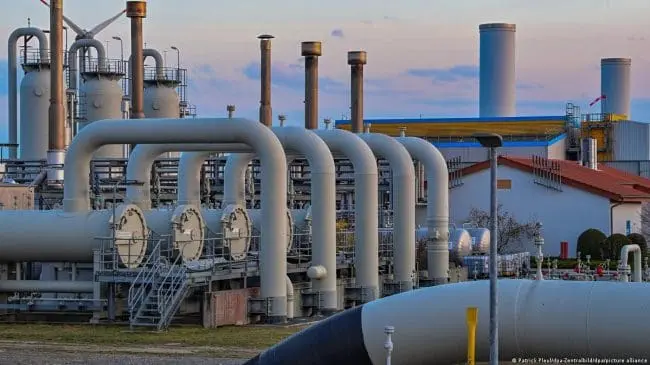
Nigeria and Ghana are pursuing a novel energy cooperation initiative that could redefine regional power dynamics in West Africa.
The plan, discussed at a recent international energy conference in Accra, would see Nigeria supply natural gas to Ghana in exchange for electricity generated from Ghanaian thermal and hydroelectric plants, bypassing conventional foreign currency payments.
“This approach allows us to reduce dependence on currency fluctuations and establish a direct exchange of resources,” Ghana’s Minister of Energy and Green Transition, John Abdulai Jinapor, said during the conference.
The initiative aims to strengthen regional integration while ensuring more stable energy supplies for both nations.
The project emerges amid rapidly growing energy demand in the sub-region. Ghana has significantly expanded its generation capacity in recent years and is already linked to neighbouring states through the West African Power Pool (WAPP).
Nigeria, Africa’s largest gas producer, faces challenges in domestic distribution and transformation infrastructure.
By leveraging their respective strengths, the two countries hope to maximize efficiency while addressing economic constraints.
If implemented, the exchange could also benefit neighbouring countries. Ghanaian electricity currently supplies Togo, Benin, and occasionally Côte d’Ivoire, meaning the agreement would consolidate Ghana’s role as a regional energy hub. Nigeria, in turn, would secure a more reliable outlet for its gas resources, easing pressure on traditional export channels.
Technical complexities remain a significant hurdle. Experts highlight the need to establish a precise framework to equate gas volumes with electricity output, accounting for power plant efficiency and line losses.
Additionally, reliance on the West African Gas Pipeline (WAGP)—commissioned in 2006 and connecting Nigeria to Ghana via Benin and Togo—would require investment in additional compressor stations to meet expected volumes.
Historical ambitions for regional energy integration, championed by ECOWAS and WAPP, have often faced setbacks due to political, financial, and technical constraints. This barter-based approach represents a creative attempt to overcome those obstacles while avoiding the challenges posed by foreign currency shortages.
Critics warn of potential risks, including interruptions in Nigerian gas supply and the possible economic impact on Ghana from foregone electricity export revenue. Despite these challenges, the model is being closely watched by other ECOWAS member states, with the African Development Bank potentially providing financial support if the initiative succeeds.
The Nigeria-Ghana energy swap underscores a pragmatic effort to align economic realities with regional cooperation ambitions, with implications that could reshape West Africa’s energy landscape.



